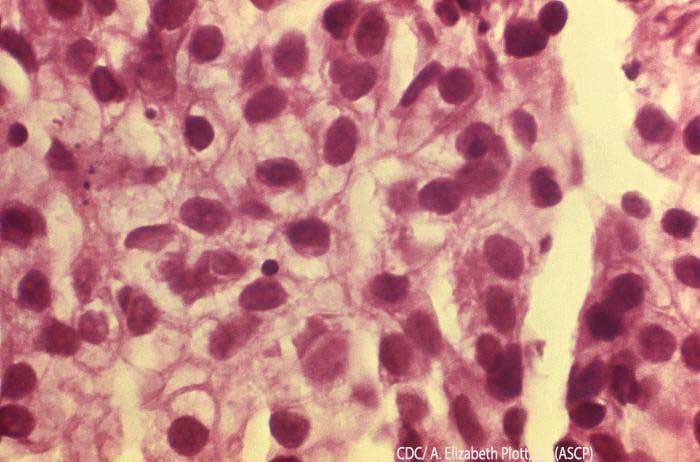Yes, women are suing, alleging epithelial ovarian cancer was caused by talcum powder use in the genital area. You should contact our law firm for a free consultation if the following applies to you:
- You used talcum powder on a daily basis for at least 5 years; and
- You were diagnosed with epithelial ovarian cancer (EOC).
What is epithelial ovarian cancer?
The peritoneum is the tissue that covers the ovaries and the abdominal wall. Epithelial ovarian cancer is cancer that forms in the peritoneum.
The ovaries are female reproductive organs, about the size of an almond, located on each side of the uterus. The ovaries are each connected to a fallopian tube, which connects to the uterus. Ovarian cancer can start in the fallopian tubes.
Lawsuits Won by Women with Ovarian Cancer Who Had Used Talcum Powder
The lawsuits discussed in this video have been tried, and huge jury verdicts were awarded.
- April of 2016. The verdict for the first lawsuit against Johnson & Johnson (J&J) was $72 million to the family of a Missouri woman who died at the age of 64. She had sued after she was diagnosed with ovarian cancer in 2013. Her suit argued that her use of Baby Powder and Shower to Shower powder, Johnson & Johnson products containing talc powder, caused the cancer. The jury awarded $10 million for compensatory damages and $62 million for punitive damages.
- May of 2016. The verdict for the second lawsuit against J&J was $55 million to a woman who also said she used J&J Baby Powder and Shower to Shower. The jury awarded $5 million for compensatory damages and $50 million for punitive damages.
Both of these cases were tried in Missouri, but other lawsuits have been filed by women in other states.
20 Years of Medical Research Supports a Connection between Talc and Epithelial Ovarian Cancer
Below are just a few articles in medical journals where research pointed to an association between talc powder and EOC.
- A case-control study in the 1990s looked at whether there was an association between epithelial ovarian cancer and genital exposure to talcum powder and other powder applications. The study found “an elevated relative risk of ovarian cancer was noted only for women with a history of perineal dusting or use of genital deodorant spray” (Cook).
- A population-based-case-control study in eastern Massachusetts and New Hampshire involved 1086 women, 563 of whom had just been diagnosed with epithelial ovarian cancer. “Relative to women who never used body powder or used it only in non-genital areas, the odds ratio (and 95% confidence interval) associated with genital exposure to talk was 1.6 (1.18 and 2.15).” The researchers concluded that “there is a significant association between the use of talc in genital hygiene and risk of epithelial ovarian cancer” (Cramer).
- Similarly, a study done in California found an association between talc use and epithelial ovarian cancer. The study looked at 1,378 women, 256 of them with a diagnosis of EOC. “The odds ratio for ever use of talc was 1.37. . . . This study provides some support for the hypothesis that perineal talc use is associated with an increased risk of EOC” (Mills).
- A large study looked at over 1,800 women, over 8,000 with epithelial ovarian cancer. “Genital powder use was associated with a modest increased risk of epithelial ovarian cancer (1.24) . . . relative to women who never used powder. Risk was elevated for invasive serous (1.2) . . . endometrioid (1.22), and clear cell (1.24) tumors, and for borderline serous tumors (1.46)” (Terry).
Sources
Cook, Linda S., Mary L. Kamb, and Noel S. Weiss. “Perineal powder exposure and the risk of ovarian cancer.” American journal of epidemiology 145.5 (1997): 459-465.
Cramer, Daniel W., et al. “Genital talc exposure and risk of ovarian cancer.” International journal of cancer 81.3 (1999): 351-356.
Mills, Paul K., et al. “Perineal talc exposure and epithelial ovarian cancer risk in the Central Valley of California.” International journal of cancer 112.3 (2004): 458-464.
Terry, Kathryn L., et al. “Genital powder use and risk of ovarian cancer: a pooled analysis of 8,525 cases and 9,859 controls.” Cancer Prevention Research (2013): canprevres-0037.
Get Legal Help
Attorneys Fred Pritzker and David Szerlag recently won $45 million for clients injured by another product. They are now providing free consultations (click here) to women who developed ovarian cancer after using talcum powder products for personal hygiene.
